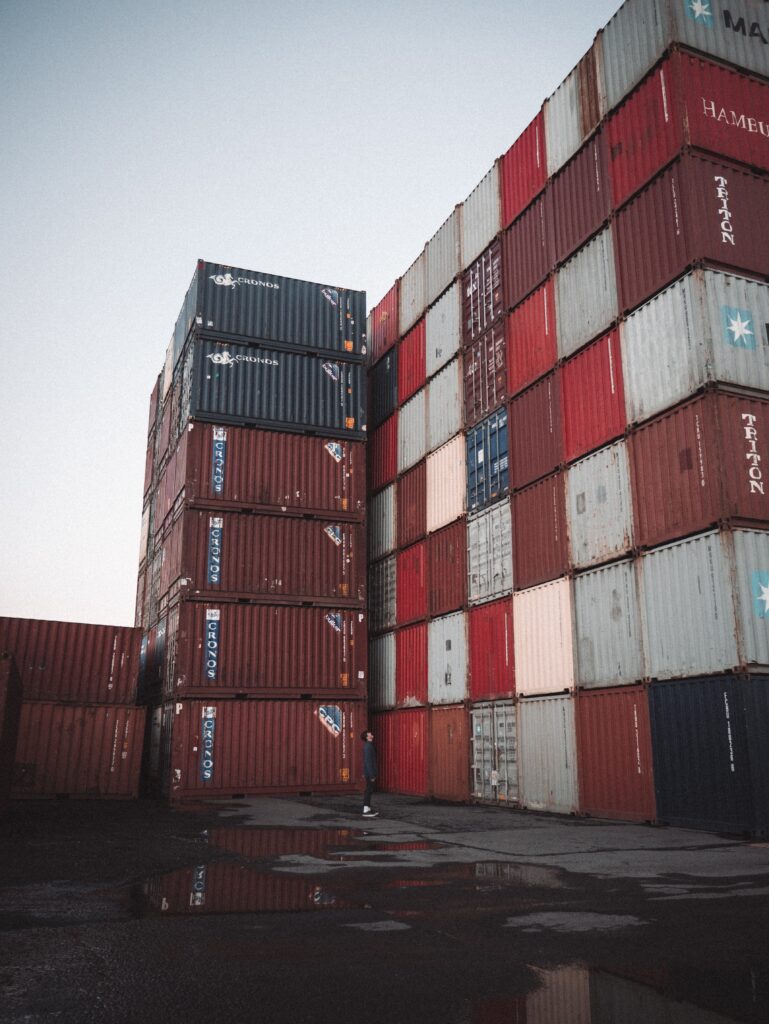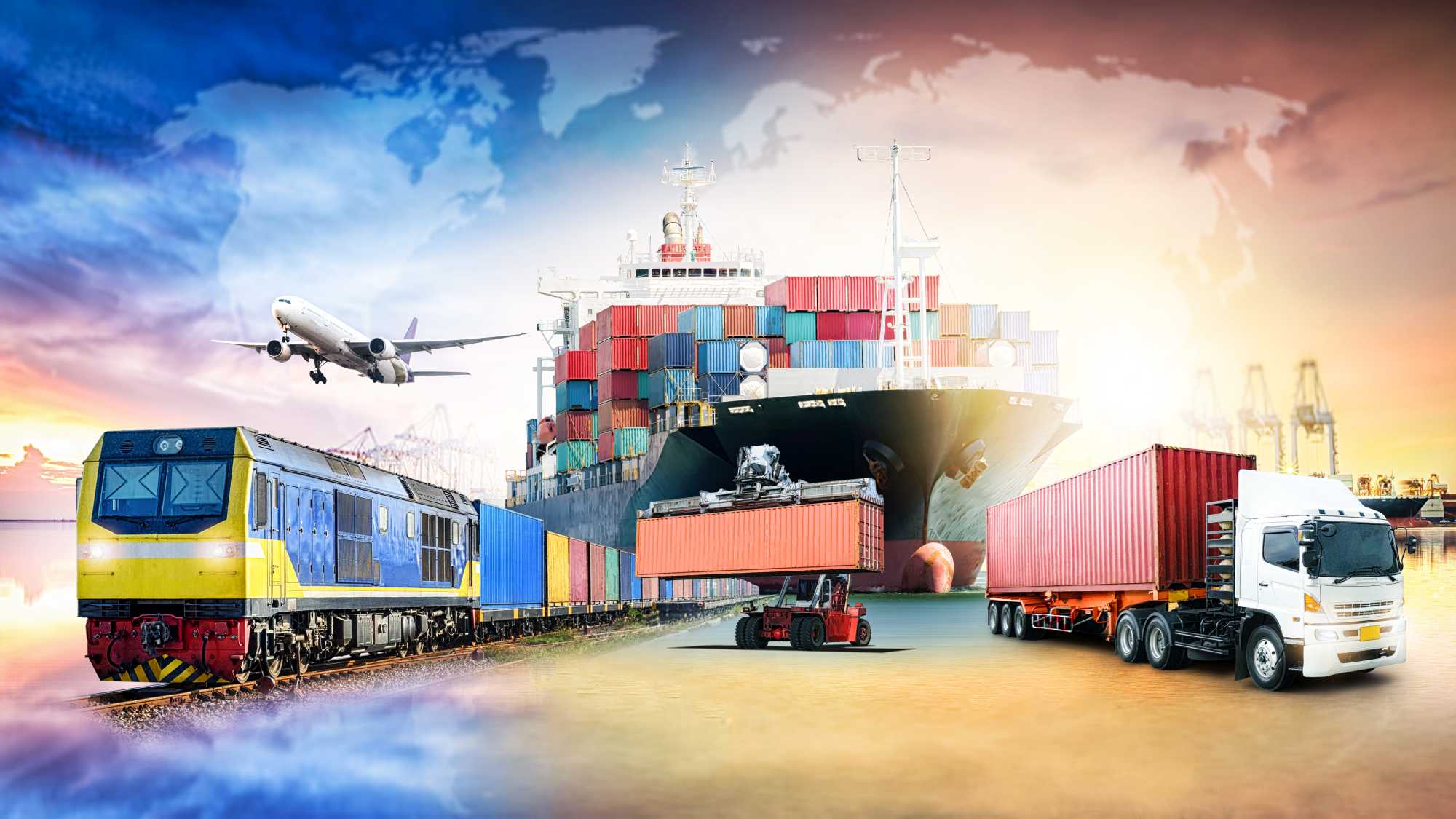In the face of the current capacity crunch, the intermodal shipping option is more appealing than ever. Domestic intermodal shipping in the United States centers on the use of rail and trucks to deliver freight across the country. As trucking capacity has grown increasingly tight, more attention has turned to intermodal’s advantages for long-distance shipping. For the right shipper, intermodal can bring striking benefits in costs, capacity and sustainability – all tied to intermodal’s natural efficiency advantages.
Distribution Technology, a third-party logistics provider based in Charlotte, North Carolina, offers direct rail access for its clients and the expertise to help them explore an intermodal option and see if it makes sense for their supply chain needs.
Cutting costs
Intermodal shipping allows for the consolidation of large volumes of freight using rail. That lowers costs for many shipping lanes. As shippers shift more freight volume to intermodal, their price continues to drop. In general, longer trips will bring larger cost savings. In addition, intermodal freight requires less handling and thus lower handling costs. Rail trips also experience far fewer accidents than truck ones, leading to fewer delays and costs associated with those types of incidents. North American shippers overall save $4.4 billion annually by employing intermodal, according to the Intermodal Association of North America. These cost benefits can prove particularly attractive in today’s market when limited truck capacity has led to higher spot market truck rates. Not all intermodal lanes will offer better prices than trucking, making it essential for shippers to work with an expert to investigate particular lanes and see what makes the most sense for their particular needs.
Capacity
Intermodal offers substantial capacity benefits because of the larger volumes that can travel by train vs. truck. Trains with double-stacked intermodal containers can carry the equivalent of three truckloads of freight per boxcar. This scalable capacity can be particularly helpful as an option during surges in demand, such as during seasonal rushes of orders. A trade-off of that capacity, however, is that intermodal does take longer than truck, making it important for shippers to choose intermodal for shipments that are not immediately pressing. When you place long haul freight in intermodal, you also are freeing up truck capacity for shipments that are shorter or have a stricter timeline to meet. As the country contends with a driver shortage, intermodal can help ease that burden and direct truck drivers to the deliveries where they are needed most. For this reason, intermodal is an ideal complement to truckload shipping for shippers looking to take a diversified approach to managing the distribution of their freight.
Sustainability
Because it is a more efficient way to move freight, intermodal produces fewer greenhouse gas emissions than over-the-road transportation. That energy efficiency is invaluable for companies that are pursuing sustainability initiatives and looking to be greener businesses. According to the Intermodal Association of North America, the use of intermodal shipping each year conserves 2.3 billion gallons of fuel, means 100,000 fewer heavy trucks are on the highway, and eliminates 25 million tons of CO2 emissions.
If you’re interested in exploring intermodal, you will need an experienced partner to help you through the maze of challenges and opportunities that await. Distribution Technology has strategically located distribution centers with direct rail access to Norfolk Southern Railroad’s approximately 19,500 route miles and is a Warehouse Connect Partner with the railroad.As one of the top-ranked 3PLs in the country, Distribution Technology understands the ever-changing demands, seasonal pressures, and unpredictability you face in your business, so our warehouses are designed to meet your fluctuating needs. Our North Carolina-based network of facilities hold a wide range of products across many sectors of industries and are equipped with temperature-controlled, food-grade, secure storage — as well as additional storage for chemicals and a designated area for hazardous or flammable materials. For more information, contact us today.

